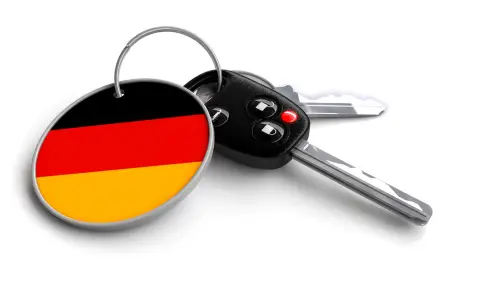"Germany's economy is in a very serious crisis, and the auto industry, once the country's mainstay, is now facing serious problems", writes the American publication Politico.
German manufacturers are struggling with the ever-decreasing demand for electric vehicles, with declining sales in China in general and with increasing competition from Chinese companies on their territory.
The situation is made even worse by the rise in energy prices since the beginning of the war in Ukraine.
German automakers, which have long relied on their internal combustion engines, are now facing the challenge, under pressure from Brussels, of switching to electric vehicles.
However, Germany does not control key technologies for their production, including that for batteries. And China is much ahead in these areas. The situation is aggravated by rising labor and energy prices.
Sales on the Chinese market have also deteriorated: German brands such as BMW, Mercedes-Benz and Volkswagen are suffering a decline in their sales in the Celestial Empire because Chinese companies are offering cheaper and more technologically advanced electric cars.
This is seriously reducing the market shares and profits of the large German car manufacturers, because, as is known, China is currently the largest car market in the world.
In addition to the increase in energy prices, the steel and aluminum needed to produce cars have also become more expensive. Possible new tariffs from the US will also affect metal prices and could further worsen the situation.
Attempts to move production to countries with cheap labor have also led to a decrease in production in Germany, and hence to a decline in the economy of both Germany and the whole of Europe.
Now German car manufacturers must decide whether they can regain their former competitiveness in the face of fierce competition and global changes, or whether the model offered to them by Brussels must be radically changed.
